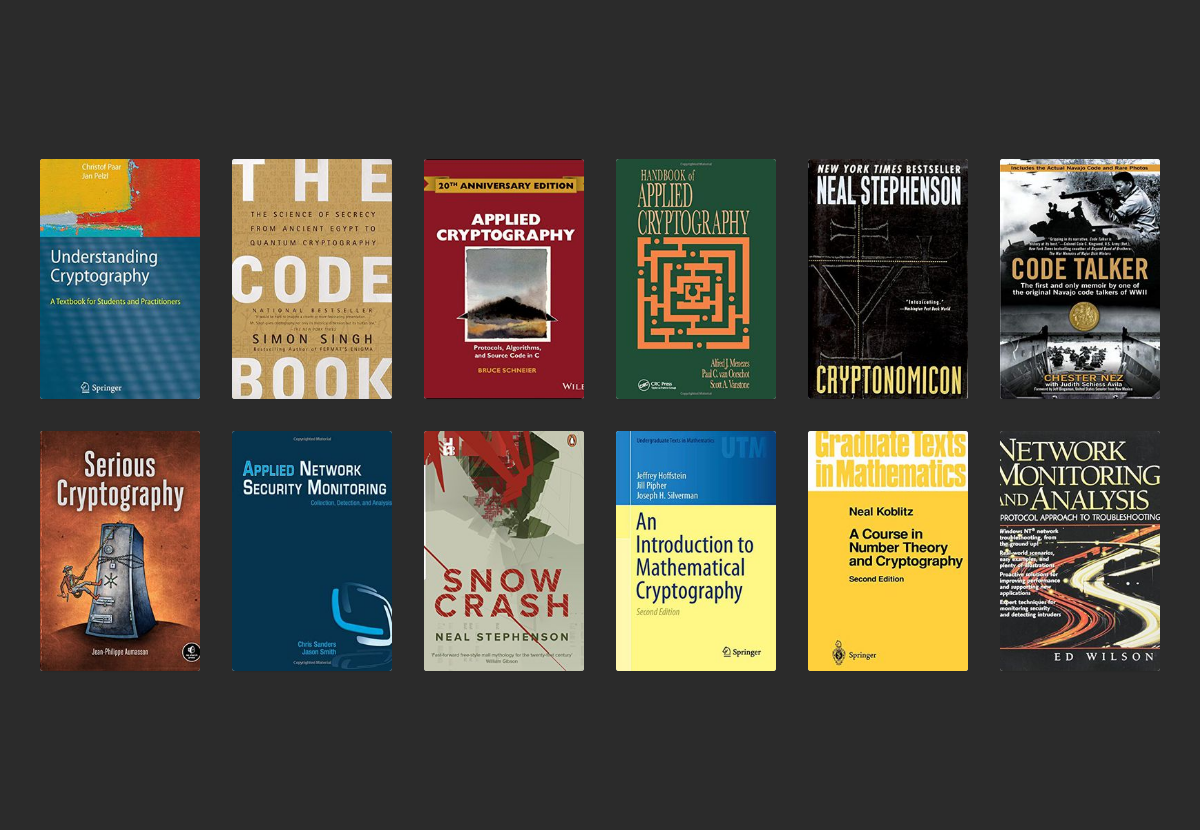Cryptography, the art of encoding and decoding messages to secure information, is foundational to modern communication. In the digital age, where data breaches and online privacy concerns have proliferated, the significance of cryptographic knowledge cannot be overstated. However, a unique perspective emerges when one views the principles of cryptography through a Christian lens. This perspective often melds technical expertise with ethical considerations and philosophical reflections. Below is a comprehensive examination of noteworthy books on cryptography that merit attention, especially when seen through a Christian viewpoint.
Understanding the Foundations of Cryptography
A solid grasp of cryptography necessitates an understanding of its historical evolution and theoretical underpinnings. Books such as “The Code Book” by Simon Singh elucidate the historical context of cryptographic practices. Singh masterfully weaves narratives surrounding historical figures like Mary, Queen of Scots, and the Enigma machine during World War II. From a Christian perspective, one can appreciate the moral dilemmas faced by individuals during times of war, where communication security could mean the difference between life and death.
For those seeking a more academic treatise, “Cryptography and Network Security” by William Stallings offers detailed insights into both classical and modern cryptography. This book serves as an apt resource for understanding varying encryption algorithms, public key infrastructure, and network security protocols. Readers can reflect on how safeguarding one another’s information aligns with the Christian tenets of honesty and trustworthiness.
Implementing Cryptography in Practice
Transitioning from theory to application, “Applied Cryptography” by Bruce Schneier stands out as a seminal work. It provides in-depth knowledge of practical cryptographic techniques and protocols. Schneier’s emphasis on real-world application can be viewed through a Christian lens, emphasizing stewardship over one’s digital presence and accountability to others. This book invites readers to ponder the ethical implications of their own digital security practices.
Additionally, “Cracking Codes and Cryptograms for Dummies” introduces the novice to the delightful yet challenging world of code-breaking. Written in an accessible format, it offers practical exercises that engage a broader audience, including younger readers or those unfamiliar with cryptographic principles. This book fosters a community of learning, reminiscent of the Christian call for discipleship and education in faith.
Exploring the Ethical Dimensions
Ethics plays a critical role in the application of cryptography, especially when technology interacts with moral judgments. “The Ethics of Cybersecurity” by the Information Security Institute provides a rigorous exploration of the moral implications surrounding cybersecurity practices. Understanding that the Internet can be both a tool for good and a battleground for malevolence aligns closely with Christian teachings on good and evil.
The thought-provoking nature of “The Code Book” reveals how historical abuses of cryptography, such as during the Inquisition, raise pertinent questions about modern practices. Readers may be inspired to examine how the church can influence ethical standards in technology, advocating for transparency and morality in an often ambiguous digital landscape.
Integrating Cryptography with Faith
To delve deeper into the intersection of cryptography and Christian beliefs, consider “God and the Digital Age.” While not exclusively about cryptography, it explores how emerging technologies, including cryptography, impact spiritual life and community. The dialogue between faith and technology is especially relevant in today’s world as Christians are called to engage rather than disengage from technological advancements.
This book posits fundamental questions about God’s sovereignty in an increasingly complex digital narrative. It encourages Christians to consider how they might use cryptography as a tool for advocating justice, truth, and confidentiality, principles deeply rooted in the faith.
The Future of Cryptography and Christian Morality
As advancements in cryptographic methods continue to evolve, such as quantum cryptography, it is essential to keep abreast of these developments. “Quantum Cryptography: A Practical Approach” provides an excellent resource for those interested in the future of secure communication. Understanding quantum principles in cryptography may lead to discussions on how institutions, including the church, can responsibly adopt these technologies in their operations.
Furthermore, “The Future of Technology and the Church” reflects on how emerging technologies, including advanced cryptography, will shape the church’s approach to community-building and outreach. The moral responsibility of safeguarding member data and privacy ensures that knowledge in cryptography remains a relevant topic within Christian discourse.
Conclusion
In conclusion, the exploration of cryptography through a Christian perspective fosters a unique intersection of faith and technology. The selected books cater to all levels of expertise while enhancing ethical considerations in the practice of cryptography. As readers engage with these diverse texts, they will not only expand their understanding of cryptographic theory and application but also wrestle with profound ethical questions that speak to their faith and its implications in a digital society. Ultimately, these narratives serve as a reminder that the pursuit of knowledge is an endeavor deeply interwoven with the responsibilities of love, truth, and stewardship.








Leave a Comment